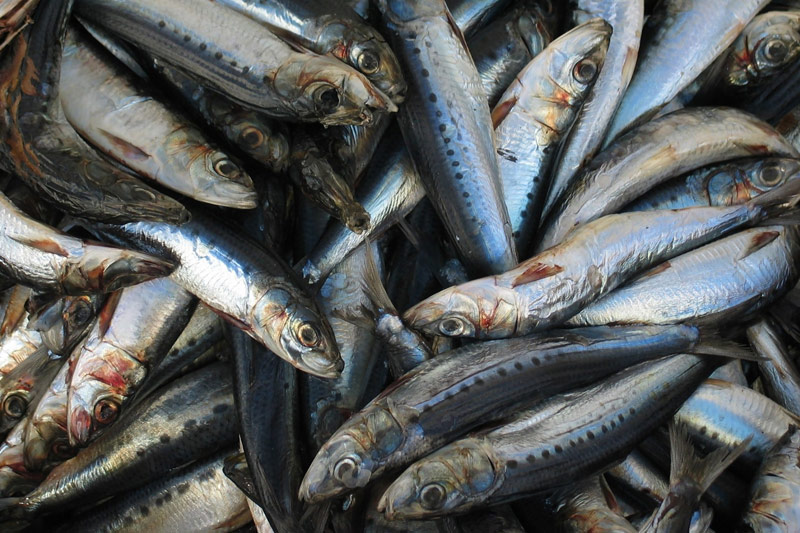(Adds data from EU fisheries study, news conference)
By David Lawder
WASHINGTON, Sept 14 (Reuters) - The United States and 12 other countries pledged on Wednesday to start World Trade Organization negotiations to ban fishery subsidies, particularly those that contribute to overfishing and overcapacity or are linked to illegal fishing.
The countries said in a joint statement issued on the eve of a major oceans conference in Washington that 31 percent of the world's fisheries were operating at biologically unsustainable levels, with 58 percent at maximum levels with no room to grow.
"Fisheries subsidies, estimated to be in the tens of billions of dollars annually, create significant distortions in global fish markets and are a major factor contributing to overfishing and overcapacity and the depletion of fisheries resources," the group said in the statement.
Besides the United States, the coalition includes Argentina, Australia, Canada, Chile, Colombia, New Zealand, Norway, Papua New Guinea, Peru, Singapore, Switzerland and Uruguay.
The WTO negotiations also will aim to strengthen the reporting and transparency of fishery subsidies.
U.S. Trade Representative Michael Froman said the coalition was trying to ensure the long-term sustainability of global fisheries, which support more than 50 million workers. Another 3 billion people rely on food from the ocean as a significant source of protein.
A European Union study in 2013 estimated that global fisheries subsidies totaled around $35 billion in 2009 dollars, with the EU as the top provider with more than $5.5 billion, followed by Japan, China and the United States, each with more than $4 billion. Russia provided about $2.3 billion, while Micronesia provided about $2 billion in fishery subsidies.
The bulk of the subsidies went to boost fishing capacity, including subsidies for fuel, vessel acquisition and refurbishment and fishing port construction and improvements, according to the study.
U.S. Trade Representative Michael Froman told a news conference that the "support group" of like-minded countries would work to assess which subsidies were "the most serious" and should be addressed first in the WTO, with the expectation that other countries would later join the effort.
Representatives of Japan, China and EU countries were not present at the news conference announcing the effort.
The Trans-Pacific Partnership trade deal, which has not been approved by the U.S. Congress and may not see a vote before President Barack Obama leaves office in January, includes a ban on fishery subsidies among its 12 member countries that target overfished stocks.
